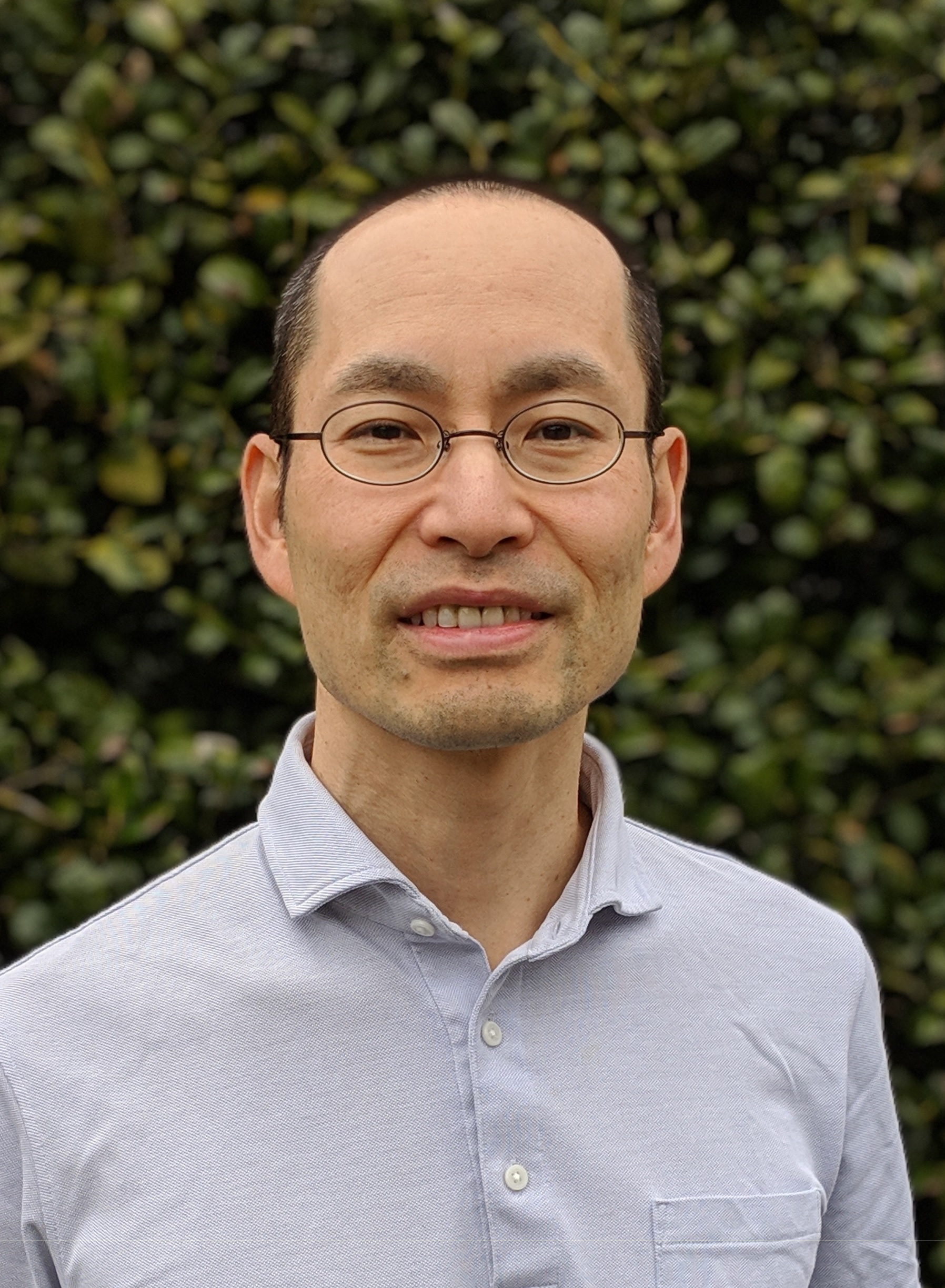Bio
Koji Ueno is Professor of Sociology at Florida State University. He holds a doctoral degree from Vanderbilt University. He conducts sexuality research using both quantitative and qualitative methods. His quantitative research has focused on sexual orientation disparities in mental health, friendships, and educational and occupational attainment outcomes in early life stages. He has received a grant from the National Science Foundation for this research. For qualitative research, he has been conducting a longitudinal, in-depth interview study to examine sexual minority young adults’ career planning process and workplace experiences in the US and Japan. He contributes to the scholarly community by publishing journal articles in these areas and serving on editorial boards.

